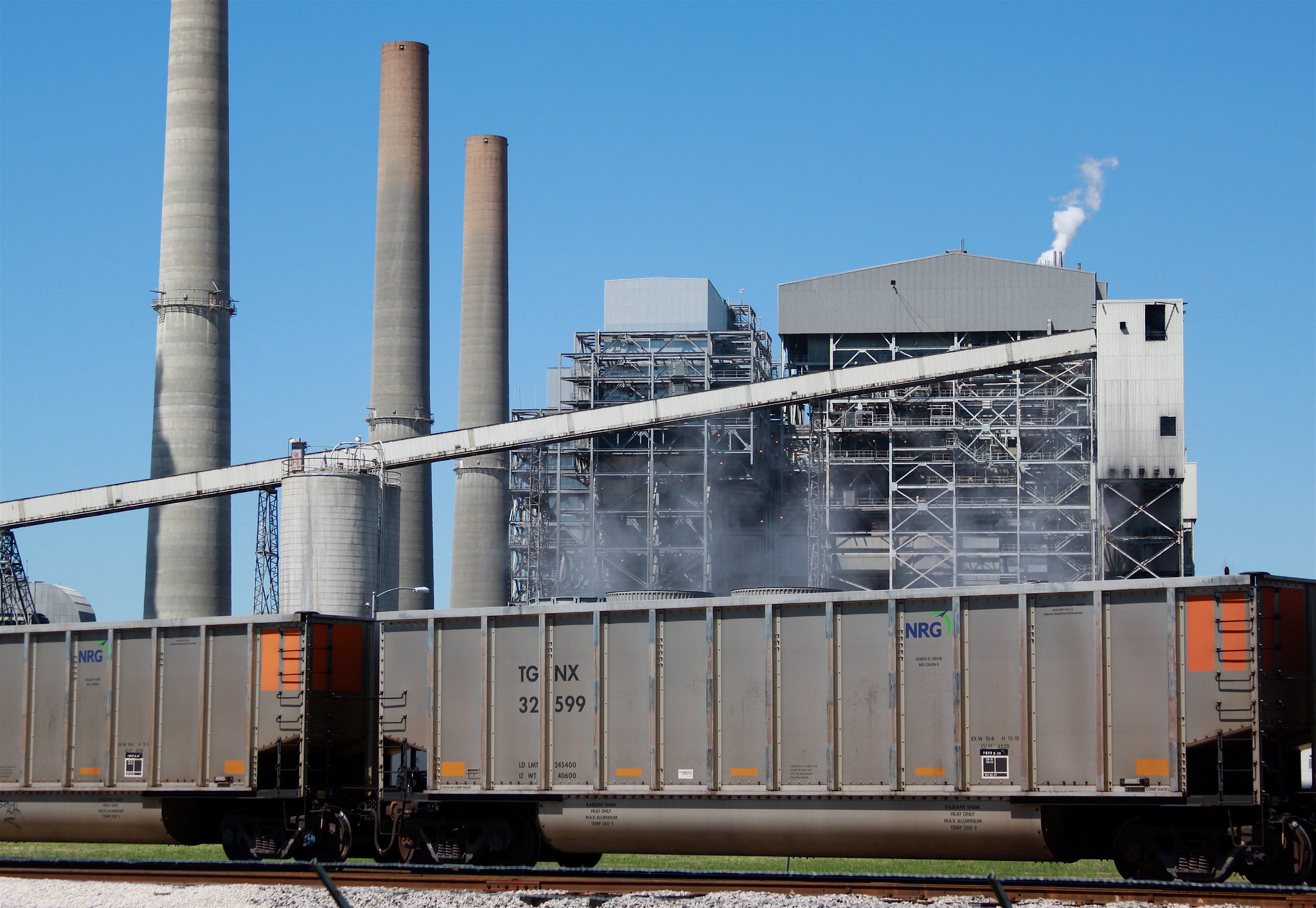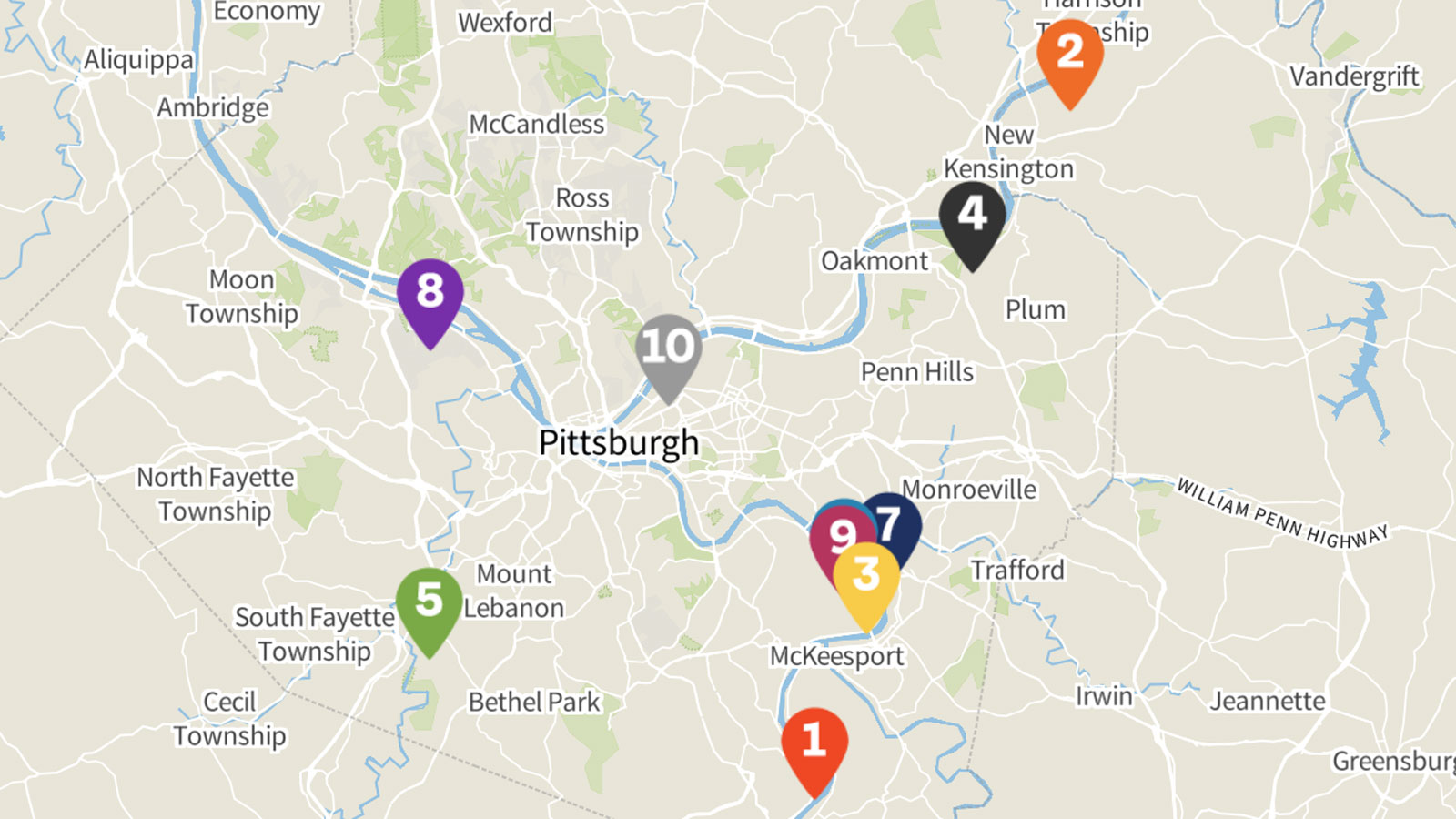
New Report: Pervasive Air Pollution in 2015
Millions of Americans regularly breathe polluted air. Communities in 49 states, plus Washington, D.C., experienced elevated levels of smog pollution in 2015, and every state had problems with particulate pollution, according to a new analysis, Our Health at Risk, by Frontier Group and Environment America Research & Policy Center.
Millions of Americans regularly breathe polluted air. Communities in 49 states, plus Washington, D.C., experienced elevated levels of smog pollution in 2015, and every state had problems with particulate pollution, according to a new analysis, Our Health at Risk, by Frontier Group and Environment America Research & Policy Center.
Smog and fine particulate pollution can be inhaled deep into the lungs, where they cause health damage. Smog can cause coughing, wheezing, and throat irritation, raise the risk of infection, and permanently damage lung tissue, especially in children. Fine particulate matter causes similar respiratory harm, plus cardiovascular, developmental and neurological damage. Potential cardiovascular damage includes heart attacks, strokes and congestive heart failure. For children, particulate pollution is linked to premature birth, a higher risk of developing autism, and stunted lung development. For older people, breathing fine particulates increases the risk of dementia.
Smog and particulate pollution are the byproducts of burning coal, gasoline, diesel and other fossil fuels, and therefore this pollution is a widespread problem in the U.S. Cities in California, Colorado, Arizona and Nevada fill out the list of the top 10 cities with the worst smog pollution, but metropolitan areas in Georgia, Maryland, New Jersey, New York, Ohio, Pennsylvania, Virginia and Texas all experienced 88 or more days of elevated smog pollution in 2015. That means that for nearly a quarter of the year, residents in those places were at increased risk of health damage simply by breathing the air outside their homes.
Air pollution from fossil fuel combustion happens in both summer and winter. Elevated smog levels are most common in the summer months, but particulate pollution often occurs in the winter, when stagnant air traps pollution close to the ground and prevents dilution by cleaner air.
We know how to address this air pollution: reduce the amount of coal, gasoline, diesel and other fossil fuels that we burn, and increase the use of clean, renewable sources like wind and solar energy. Switching over to cleaner energy sources would have a two-fold benefit. First, it would reduce smog and particulate pollution today. Second, it would reduce the pollution that adds to global warming, which is expected to exacerbate air pollution in the future. To reap these benefits, the nation should move as quickly as possible to clean, renewable sources of energy to supply 100 percent of our electricity and transportation needs.
Topics
Authors
Elizabeth Ridlington
Associate Director and Senior Policy Analyst, Frontier Group
Elizabeth Ridlington is associate director and senior policy analyst with Frontier Group. She focuses primarily on global warming, toxics, health care and clean vehicles, and has written dozens of reports on these and other subjects. Elizabeth graduated with honors from Harvard with a degree in government. She joined Frontier Group in 2002. She lives in Northern California with her son.
Find Out More

Lawn care goes electric

Who are the top climate polluters in the country?

The Biden administration has released $1 billion in funding for urban trees. Here’s why that matters.

